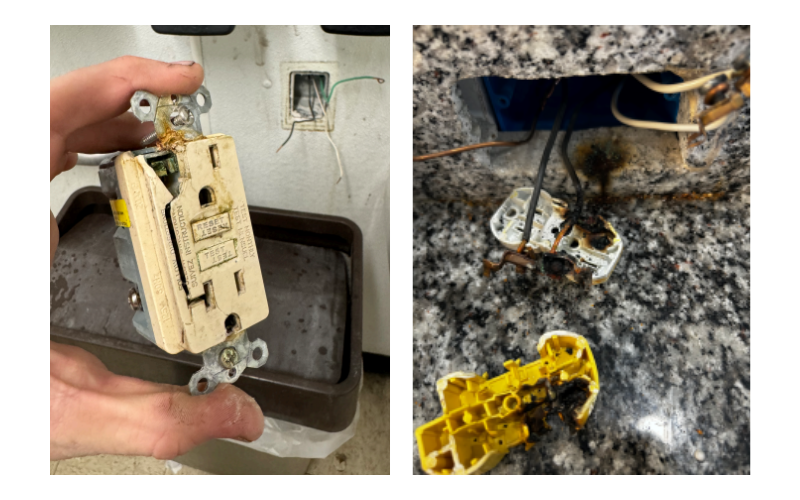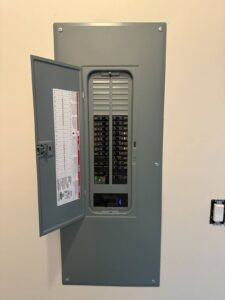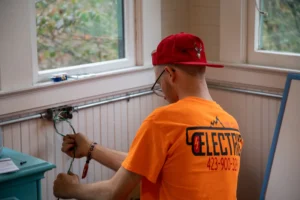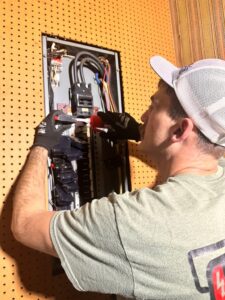Thinking about tackling an electrical project on your own? You’re not alone. DIY culture is growing fast—and for good reason. There’s a sense of pride in fixing things yourself, and in many cases, it can save you money. But when it comes to electrical work, the line between a safe repair and a dangerous mistake can be razor thin.
At TriCities Electric, we want to empower homeowners in Kingsport, Johnson City, Bristol, and surrounding areas to make informed decisions. So let’s break it down: when is it okay to DIY— and when should you pick up the phone and call a licensed electrician?
The Hidden Dangers of DIY Electrical Work
Electricity isn’t forgiving. One wire out of place, one overloaded circuit, one missed ground, and you could face:
- Electrical fires (caused by overheating wires or arc faults)
- Electric shock (which can be fatal)
- Code violations (leading to failed inspections)
- Voided insurance claims (if work wasn't done to code or by a professional)
- Costly repairs (undoing a mistake often costs more than doing it right the first time)
We’ve been called out to homes where DIY wiring jobs have resulted in melted outlets, buzzing panels, and lights that flicker every time the dryer runs. Don’t let YouTube confidence get you in over your head.
When It’s (Probably) Safe to DIY
There are some simple electrical tasks that are generally safe to tackle—if you have basic knowledge and take precautions like turning off the breaker and using a voltage tester.
Examples of safe DIY tasks:
- Replacing a standard light fixture (assuming it's not connected to aluminum wiring)
- Swapping out outlet or switch covers (cosmetic, not electrical)
- Resetting a tripped breaker
- Installing battery-operated or plug-in smart home devices
Tip: Always take a picture of the existing wiring before disconnecting anything. And never assume wires are dead—test before you touch.
Gray Areas: Proceed with Caution
Some tasks seem simple but hide potential risks. These might be safe for experienced DIYers, but risky for most homeowners:
Projects in the gray zone:
- Installing a ceiling fan (older homes may lack fan-rated boxes)
- Adding a dimmer switch (watch for incompatible bulb types and neutral wire requirements)
- Replacing a broken outlet (you must verify correct wiring, GFCI needs, and box fill capacity)
If you’re not 100% sure what you’re doing, stop and consult a pro. One mistake can put your home and safety at risk.

When You Should Definitely Call a Licensed Electrician
Some electrical jobs should always be handled by a licensed electrician. Here’s when DIY is not
worth the risk:
Call an electrician if the project involves:
- Replacing or upgrading your electrical panel or main breaker
- Installing new outlets, switches, or circuits
- Rewiring any room (especially kitchens, bathrooms, or basements)
- Anything requiring a permit or inspection
- Adding power for large appliances, EV chargers, or hot tubs
- Diagnosing frequent breaker trips or unexplained power loss
- Aluminum wiring or knob-and-tube systems
- Outdoor wiring or underground conduit
- Surge protection or whole-house grounding
In Tennessee, permits are required for many types of electrical work. Doing it without one can void your homeowner’s insurance and stall home sales.
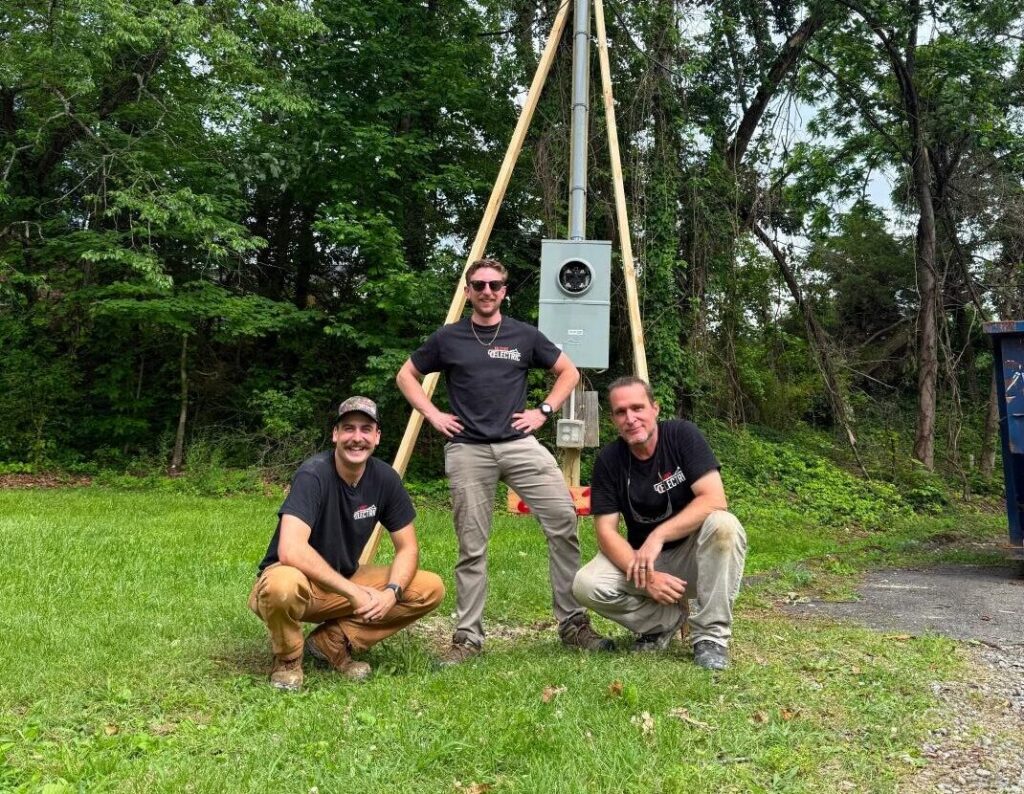
Why Hiring a Licensed Electrician Pays Off
You’re not just paying for labor—you’re paying for:
- Expertise – We know the National Electrical Code and local amendments inside and out
- Accurate troubleshooting – We find and fix root causes, not just symptoms
- Permits & inspections – We handle them for you and ensure the work passes
- Warranty – Our work is backed by our 2-year guarantee
- Peace of mind – You know it’s done safely and correctly
At TriCities Electric, we treat your home like it’s our own. No shortcuts, no guesswork—just clean, code-compliant craftsmanship that lasts.
Not Sure? Let Us Take a Look
If you’re unsure whether your electrical project is DIY-friendly, give us a call. We’re happy to come out, assess the situation, and let you know the best path forward. No pressure, no upsells— just honest advice from licensed electricians who care about your safety and your home.

